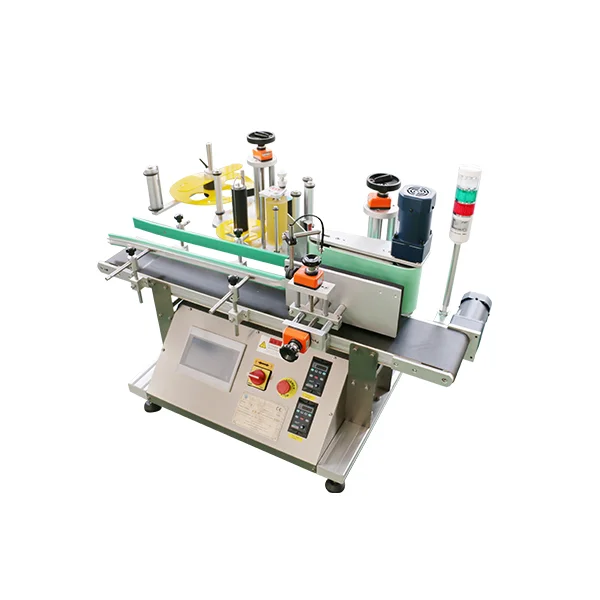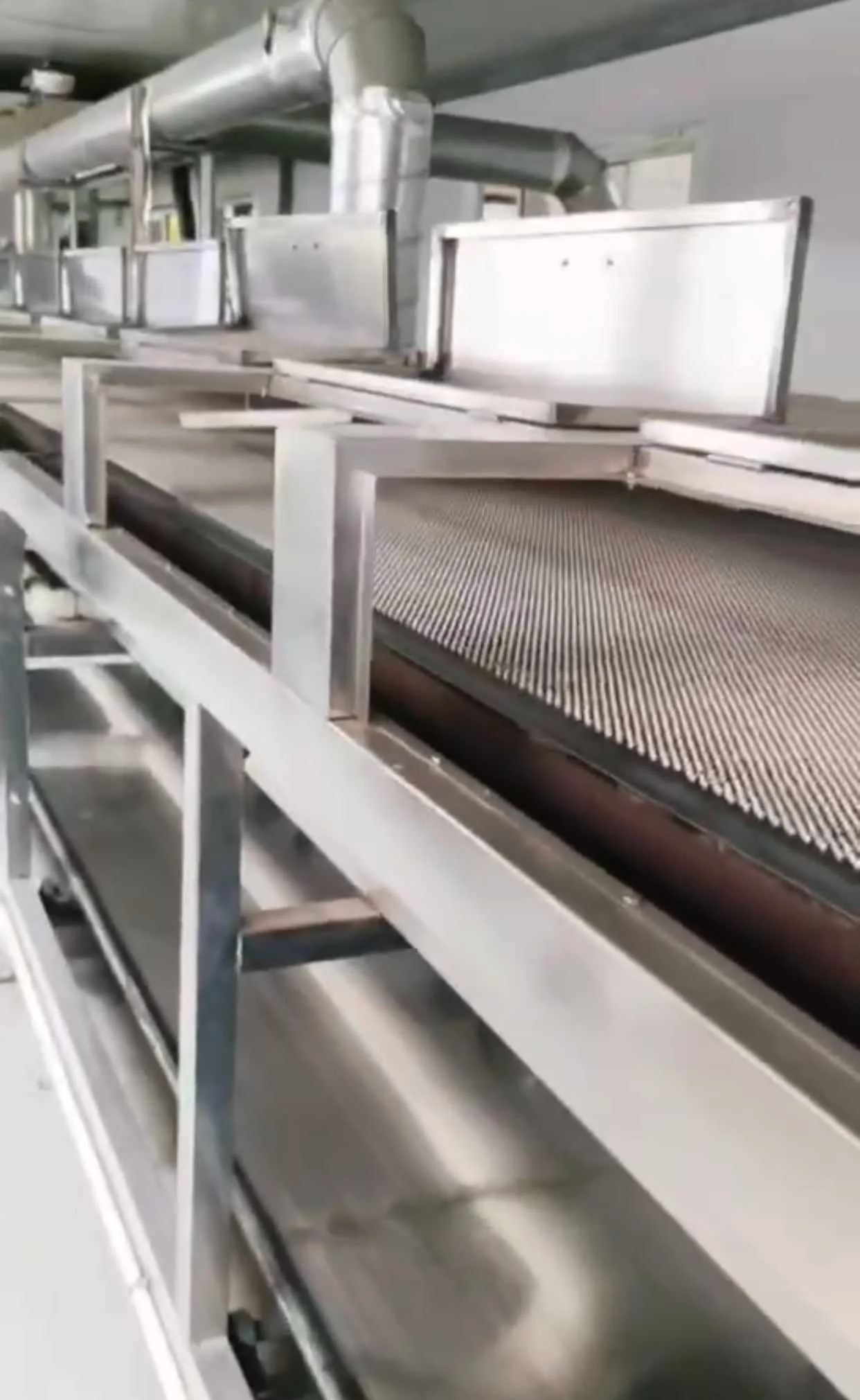In today's fast-paced world, proper maintenance is often overlooked or underestimated. However, poor maintenance practices can have far-reaching consequences across various industries. From infrastructure to technology, neglecting maintenance can lead to significant problems that affect safety, efficiency, and profitability. In this blog post, we will explore the multifaceted impacts of poor maintenance and shed light on the importance of proactive upkeep in different sectors.
- Safety Hazards and Accidents:
Poor maintenance can pose serious safety risks, endangering both workers and the general public. In industries such as manufacturing, construction, and transportation, neglected equipment, machinery, or infrastructure can malfunction, leading to accidents, injuries, or even fatalities. Regular inspections, repairs, and replacements are crucial to prevent such incidents and ensure a safe working environment. - Deterioration and Reduced Lifespan:
Neglecting maintenance accelerates the deterioration of assets, whether it be buildings, vehicles, or machinery. Without proper care, corrosion, wear and tear, and other forms of damage can occur, significantly reducing their lifespan. This not only leads to increased replacement costs but also disrupts operations and hampers productivity. Regular maintenance, including cleaning, lubrication, and timely repairs, can extend the life of assets and optimize their performance. - Decreased Efficiency and Productivity:
Poor maintenance practices can result in decreased efficiency and productivity across various industries. In manufacturing, for instance, equipment breakdowns due to inadequate maintenance can lead to costly downtime, delays in production, and missed deadlines. Similarly, in the IT sector, neglecting software updates and system maintenance can cause system crashes, data loss, and hampered workflow. Regular maintenance schedules and proactive monitoring are essential to ensure smooth operations and maximize productivity. - Environmental Impact:
In industries that rely on complex machinery or infrastructure, poor maintenance can have adverse environmental consequences. For example, in the energy sector, poorly maintained power plants or pipelines can lead to leaks, spills, or emissions, causing environmental pollution and ecological damage. Regular inspections, maintenance, and adherence to environmental regulations are vital to minimize the ecological footprint and ensure sustainable practices. - Financial Implications:
The financial implications of poor maintenance can be substantial. Unplanned repairs, emergency replacements, and legal liabilities resulting from accidents can significantly impact a company's bottom line. Moreover, the decreased efficiency, productivity, and increased energy consumption associated with poor maintenance practices can lead to higher operational costs. By investing in preventive maintenance and adhering to industry standards, organizations can save money in the long run and maintain a competitive edge.
Conclusion:
Poor maintenance practices can have far-reaching consequences, affecting safety, efficiency, productivity, the environment, and financial stability. It is imperative for industries to prioritize maintenance as an integral part of their operations. By implementing regular inspections, proactive upkeep, and adhering to industry standards, organizations can mitigate risks, optimize performance, and ensure a sustainable future.



